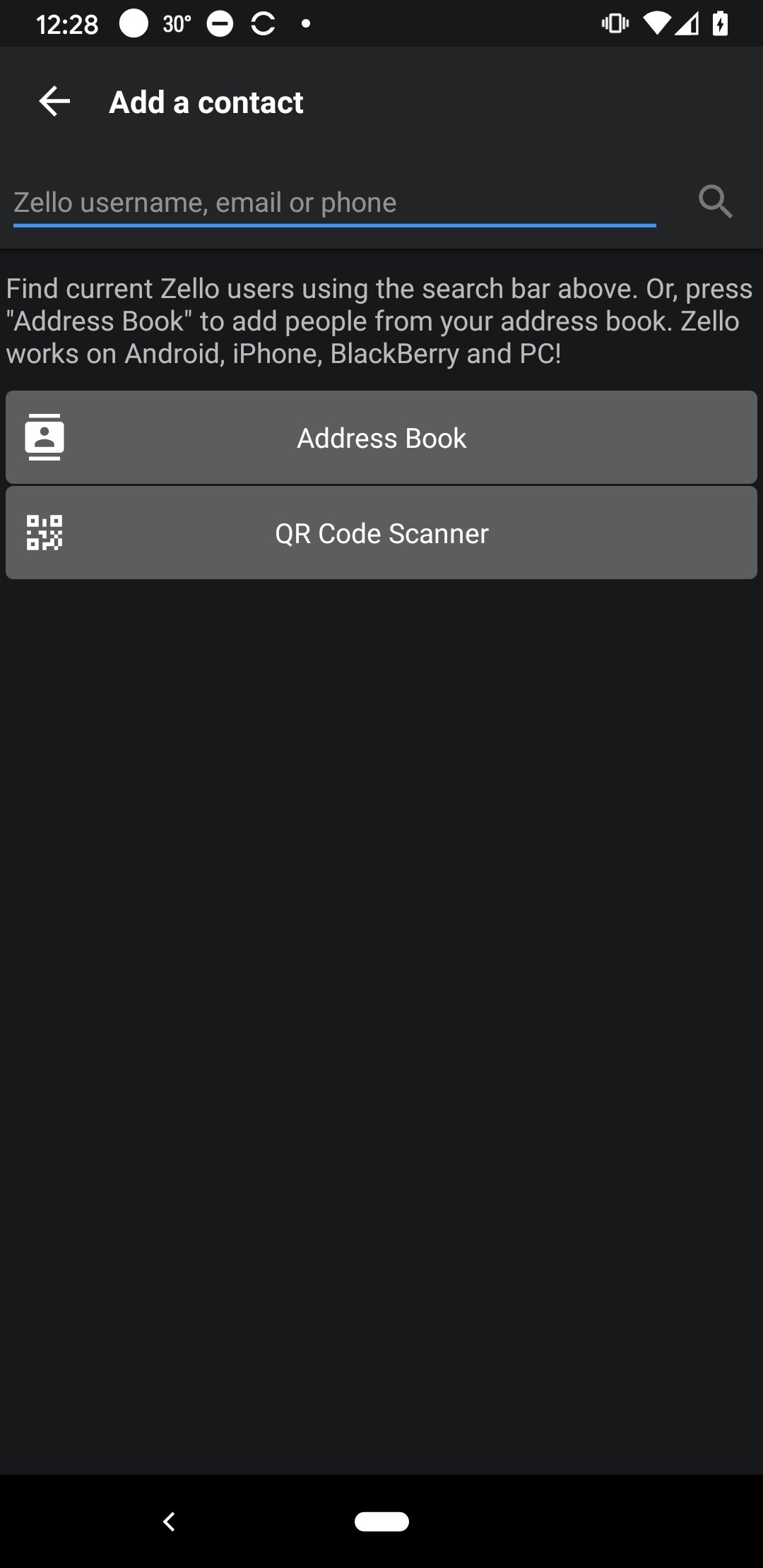

The channels can be as small as two people or as big as hundreds of thousands. You press it to speak to people on a particular channel. The app interface looks a like button on your phone.
#IS ZELLO FREE SOFTWARE#
To Moore, Venezuela looks like digital trench warfare with governments working feverishly to outmaneuver software makers and vice versa.įounded in Austin in 2011, Zello allows individuals to communicate to one another walkie-talkie style via a simple broadband connection. When the machine breaks down completely, the result looks like Syria, or possibly Iran, where the regime has been extremely successful shutting the opposition out of the Internet. The protests in Libya, in contrast, resulted in a civil war costing more than $1 billion to the United States and NATO. But when the machine malfunctions, the result can look like a protracted war with the potential to embroil United States forces. The lesson from the events in Tunisia in particular seemed to be that when you combine an educated student class with the power of social networks and press the return key, the outcome can be democracy. It’s a cycle that’s reminiscent of the very early days of the Arab Spring in 20, in which students and other protestors used social networks like Twitter and Facebook to help organize, promote and communicate through protests, eventually forcing the ouster of nondemocratic governments in places like Tunisiaand Egypt. The company released this tweet:ĭespite the efforts of the Maduro government, protests in Venezuela are continuing and so are downloads of Zello, one fueling the other. “We said, ‘How do we get this done?’”įinally, at about 5pm the following day, an updated version was ready to go. “This was the most important thing in the company,” Moore told Defense One. Moore, Alexey Gavrilov, Zello’s co-founder and chief technical officer, and the company’s programmers worked feverishly through the night on a new version of the app to get around the CANTVblockade. People inside Venezuela and many more from around the world wrote in with advice. Downloads were dropping off considerably.Īs Moore describes it, the response, like the protests themselves, was immediate and enormous. The government-owned Internet service provider, CANTV, which hosts 90 percent of Venezuela’s Internet traffic, was blocking the app as well as access to Zello’s website. Shortly after 9pm, his Twitter feed blew up with messages from users inside the country. Moore was finding that in Venezuela that popularity had a price.

Over the past few days in Venezuela, the protests ballooned following rapidly rising food prices, controversy over President Nicolas Maduro’s economic policies, public dissatisfaction over crime and multiple other factors. Zello had become the favorite app of protest organizers there after recently hitting the mark as the most popular app in the Ukraine. Entrepreneur Bill Moore was in his Austin, Texas, office last Thursday, watching explosive growth for his company’s walkie-talkie app, Zello, inside Venezuela.


 0 kommentar(er)
0 kommentar(er)
